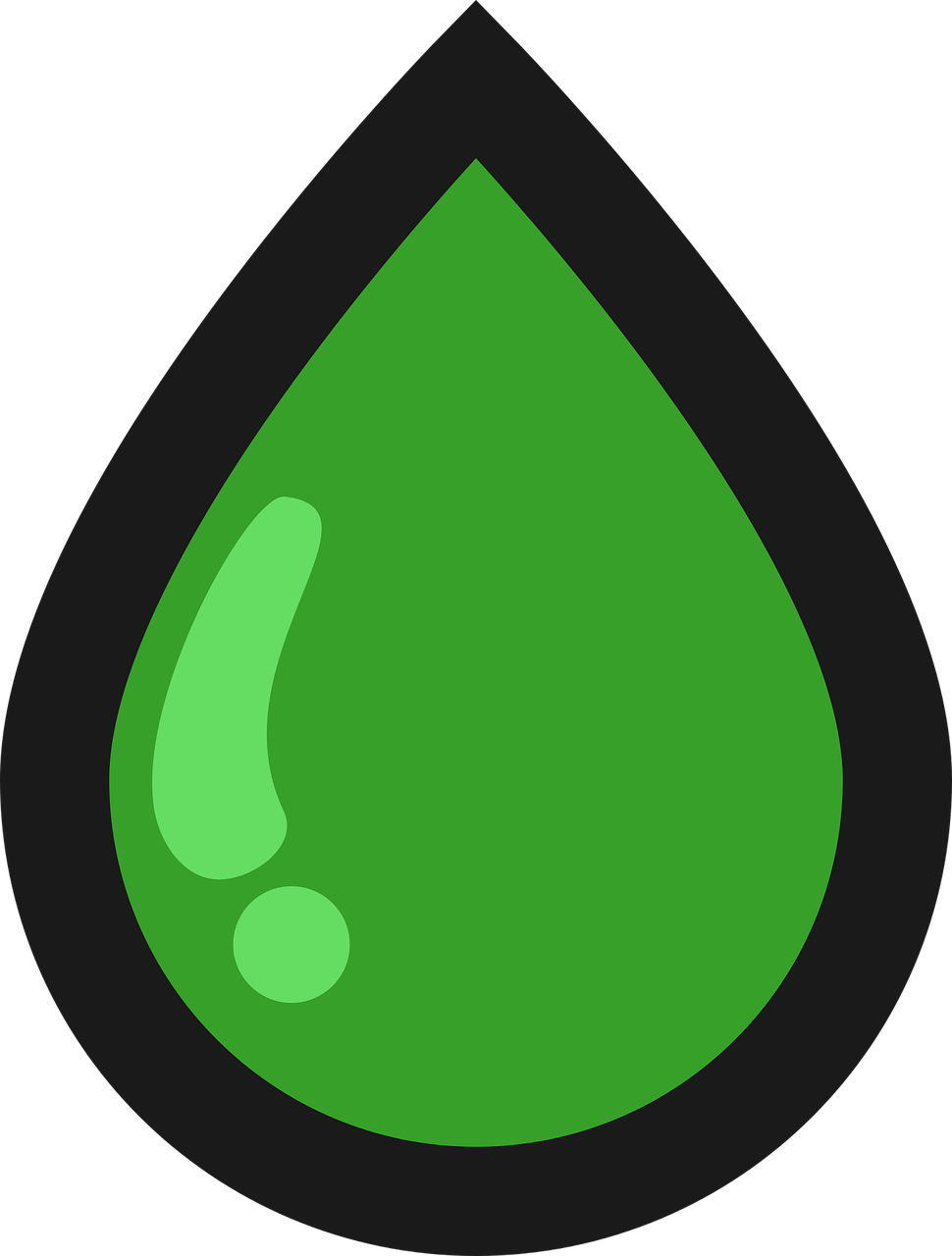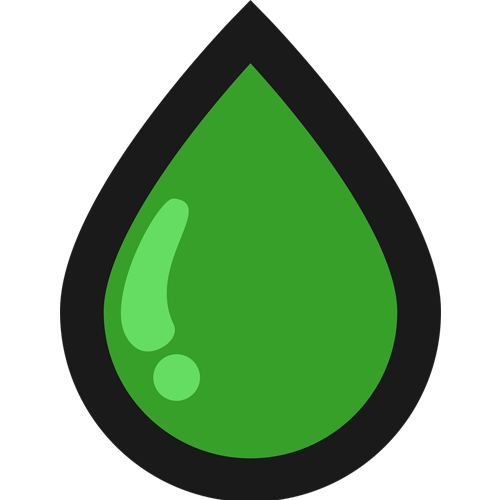Key Takeaways
– CBD is legal in Germany as a dietary supplement.
– CBD products may contain traces of THC, but as long as the THC content is below 0.2%, it is not considered a controlled substance.
– The legality of CBD flowers is less clear, as there is disagreement among legal experts.
– Selling CBD flowers to private individuals is not considered scientific or commercial use.
– CBD flowers cannot be completely bred without THC, and the potential for misuse for intoxication cannot be completely ruled out.
– Consumers should choose processed CBD products from reputable sellers that adhere to the legal THC limit of 0.2%.
Introduction
CBD, short for cannabidiol, has gained significant popularity in recent years for its potential health benefits. As a non-intoxicating compound found in cannabis plants, CBD has been widely embraced as a natural remedy for various ailments. However, the legal status of CBD can vary from country to country, and it is essential to understand the regulations surrounding its use and sale. In Germany, CBD is legal as a dietary supplement, but there are certain considerations to keep in mind to ensure compliance with the law.
The Legality of CBD in Germany
In Germany, CBD is considered legal as long as it does not contain more than 0.2% THC (tetrahydrocannabinol), the psychoactive compound responsible for the “high” associated with cannabis use. CBD products that meet this THC threshold are classified as dietary supplements and can be legally sold and consumed.
It is important to note that CBD products may still contain traces of THC, even if they are within the legal limit. However, as long as the THC content remains below 0.2%, the product is not considered a controlled substance.
The Legal Gray Area of CBD Flowers
While CBD products such as oils, foods, salves, and cosmetics are clearly regulated and considered legal in Germany, the legality of CBD flowers is a subject of debate among legal experts.
According to German law, the sale of cannabis flowers is legal if it is exclusively for commercial or scientific purposes that exclude misuse for intoxication. However, selling CBD flowers to private individuals is not considered scientific or commercial use, raising questions about their legal status.
The main issue with CBD flowers is that they cannot be completely bred without THC. While efforts are made to minimize THC levels, it is challenging to eliminate it entirely. This poses a potential problem as the misuse of CBD flowers for intoxication cannot be completely ruled out.
As a result, the sale of CBD flowers exists in a legal gray area. While it is rare for individuals to be prosecuted for purchasing or possessing CBD flowers, consumers should be aware that there is a potential risk involved.
Choosing Legal and Safe CBD Products
To ensure legal compliance and safety, consumers should opt for processed CBD products from reputable sellers. These products, such as oils, foods, salves, and cosmetics, are considered safer options as they have undergone processing to remove impurities and adhere to the legal THC limit of 0.2%.
By choosing reputable sellers, consumers can have confidence in the quality and legality of the CBD products they purchase. Reputable sellers will provide lab reports and certifications to verify the THC content and overall quality of their products.
It is also important for consumers to be aware of the potential risks associated with CBD flowers and make informed decisions based on their individual circumstances. While the legal status of CBD flowers may be uncertain, the sale and possession of CBD products that adhere to the legal THC limit of 0.2% are generally considered safe and legal in Germany.
Conclusion
CBD is legal in Germany as a dietary supplement, offering individuals the potential benefits of this non-intoxicating compound. While CBD products may contain traces of THC, as long as the THC content remains below 0.2%, they are not considered controlled substances.
The legality of CBD flowers, however, is less clear. While the sale of cannabis flowers is legal for commercial or scientific purposes, selling CBD flowers to private individuals is not considered scientific or commercial use. The potential for misuse for intoxication and the inability to completely breed CBD flowers without THC contribute to the legal gray area surrounding their sale.
To ensure legal compliance and safety, consumers should choose processed CBD products from reputable sellers that adhere to the legal THC limit of 0.2%. CBD oils, foods, salves, and cosmetics are considered safer options and provide individuals with the potential benefits of CBD without the legal uncertainties associated with CBD flowers.



